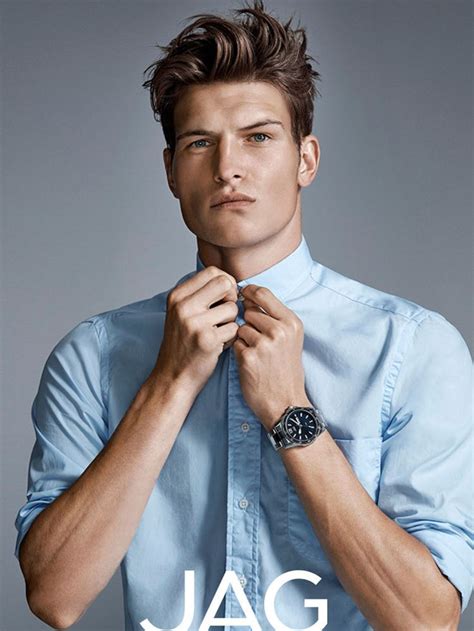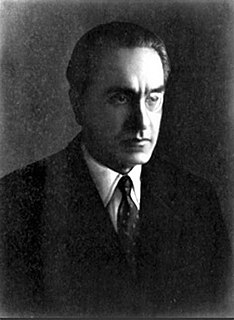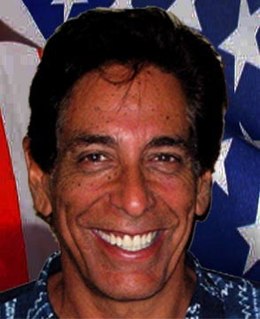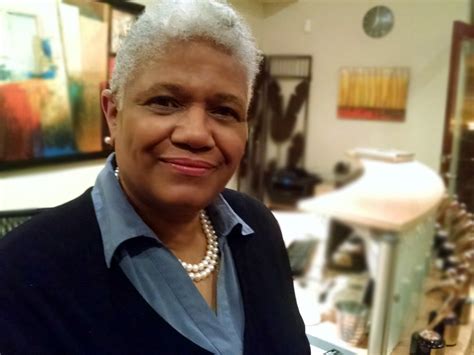A Quote by Gilbert K. Chesterton
I would give a woman not more rights, but more privileges. Instead of sending her to seek such freedom as notoriously prevails in banks and factories, I would design specially a house in which she can be free.
Related Quotes
If she took Po as her husband, she would be making promises about a future she couldn't yet see. For once she became his wife, she would be his forever. And, no matter how much freedom Po gave her, she would always know that it was a gift. Her freedom would be not be her own; it would be Po's to give or to withhold. That he never would withhold it made no difference. If it did not come from her, it was not really hers.
Morally a woman has a right to the free and entire development of every faculty which God has given her to be improved and used to His honor. Socially she has a right to the protection of equal laws; the right to labor with her hands the thing that is good; to select the kind of labor which is in harmony with her condition and her powers; to exist, if need be, by her labor, or to profit others by it if she choose. These are her rights, not more nor less than the rights of the man.
Nora leaves her husband, not-as the stupid critic would have it-because she is tired of her responsibilities or feels the need of woman's rights, but because she has come to know that for eight years she had lived with a stranger and borne him children. Can there be anything more humiliating, more degrading than a life-long proximity between two strangers? No need for the woman to know anything of the man, save his income. As to the knowledge of the woman-what is there to know except that she has a pleasing appearance?
We must show that liberty is not merely one particular value but that it is the source and condition of most moral values. What a free society offers to the individual is much more than what he would be able to do if only he were free. We can therefore not fully appreciate the value of freedom until we know how a society of free men as a whole differs from one in which unfreedom prevails.
The entrance of the woman with equal rights into practical modern life, her new freedom, her finding herself side by side with men in the streets, offices, professions, factories, sports, and now even in political and military life, is one of those dissolutive phenomena in which, in most cases, it is difficult to perceive anything positive. In essence, all this is simply the renunciation of the woman's right to be a woman.
FREEDOM CANNOT BE LICENSED, liberties cannot be regulated and rights cannot be granted. History teaches us that when the rights and liberties of a free people have restrictions upon them, they cease to be freedoms and rights. Instead, the government becomes like a king, bestowing privileges upon the chosen few and servitude upon everyone else.
Then she would be done with J. D. Jameson forever. No more having to prove herself; no more of those pesky jitters she felt whenever she saw him at work—something like butterflies in her stomach, it was actually quite annoying; no more stress; no more fights in the library; and definitely no more sexy I’m-gonna-kiss-you-now-woman blue-eyed heated gazes. She had no idea why she just thought that.
There was a warmth of fury in his last phrases. He meant she loved him more than he her. Perhaps he could not love her. Perhaps she had not in herself that which he wanted. It was the deepest motive of her soul, this self-mistrust. It was so deep she dared neither realise nor acknowledge. Perhaps she was deficient. Like an infinitely subtle shame, it kept her always back. If it were so, she would do without him. She would never let herself want him. She would merely see.
And what I tell people is this - as a citizen of this country, there are certain rights that are given to you. Officer Encinia's decision to forcibly remove Sandy from her vehicle, which predicated on the fact that he asked her to do something - he did not lawfully order her to do something - to which she responded with a question. And for that - for that - I celebrate her because during a time where so many people would have remained silent she stood up for herself, and she invoked the rights that are due to her, and that is not unlawful.






































